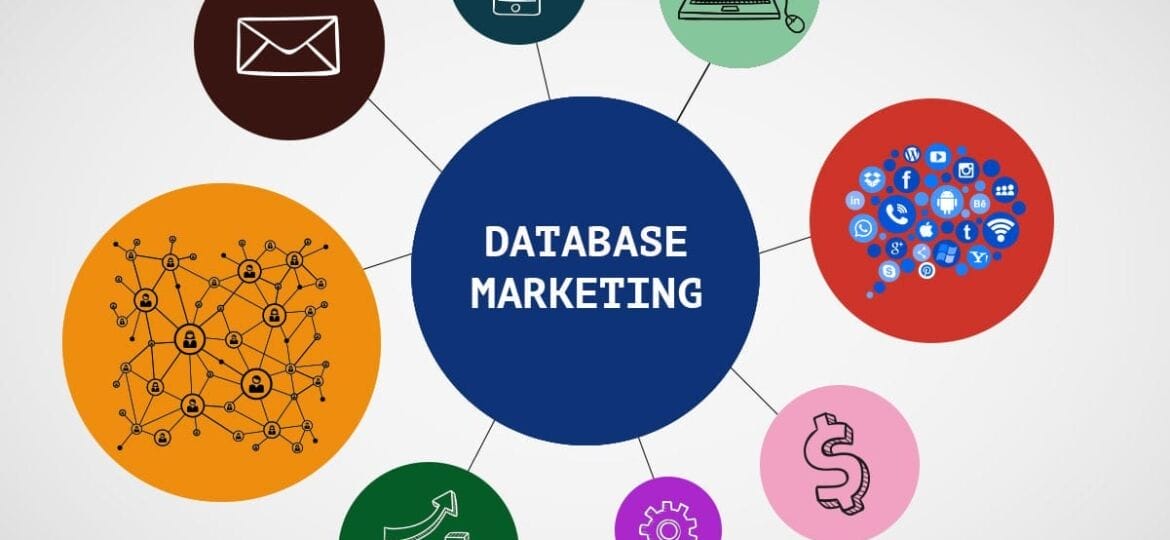
Database marketing is a fundamental aspect of online marketing that allows businesses to target the right audience with the right message. By leveraging customer data effectively, you can improve engagement, enhance brand visibility, and boost your return on investment. Below are some essential tips to optimize your database marketing strategy and successfully promote your brand.
Build Your Database
A comprehensive customer database is the foundation of any successful database marketing strategy. Collect data from multiple sources, such as:
- Website registrations
- Social media followers
- Email subscriptions
- Previous customers
Ensure you gather key information, including contact details, demographic insights, and purchase history, to create a strong data-driven marketing approach.
Include Key Information
Your database should include essential customer details, such as:
- Contact Information: Email addresses, phone numbers, and mailing addresses to facilitate communication.
- Company Information: For B2B marketing, knowing company size, industry, and key decision-makers is crucial.
- Transactional Data: Purchase history, frequency of transactions, and order values help in analyzing customer behavior.
Segment Your Database
Database segmentation ensures your marketing efforts are directed toward the right audience. Common segmentation strategies include:
- Demographic Segmentation: Age, gender, income level, and job title.
- Behavioral Segmentation: Purchasing habits, brand loyalty, and product preferences.
- Engagement Levels: Active vs. inactive subscribers or repeat vs. first-time customers.
By creating targeted campaigns for each segment, you can increase engagement and conversion rates.
Develop a Propensity-to-Buy Model
If your database includes a transaction log, leverage it to build a propensity-to-buy model. By analyzing historical purchase behavior, you can identify customers most likely to convert. Use predictive analytics and scorecards to:
- Identify high-value prospects
- Personalize offers and promotions
- Optimize marketing spend
Keep Your Data Up-to-Date
Regular data updates prevent ineffective marketing efforts. Outdated contact details and inaccurate information can waste marketing dollars and lower engagement rates. Implement data hygiene best practices, such as:
- Routine data validation
- Removing duplicate entries
- Updating customer preferences
Utilize External Resources
Enhancing your database marketing efforts requires industry insights and best practices. Consider exploring resources such as:
By implementing these tips and utilizing data wisely, you can strengthen your brand presence and improve marketing ROI. Keep refining your database marketing strategy to ensure long-term success!

